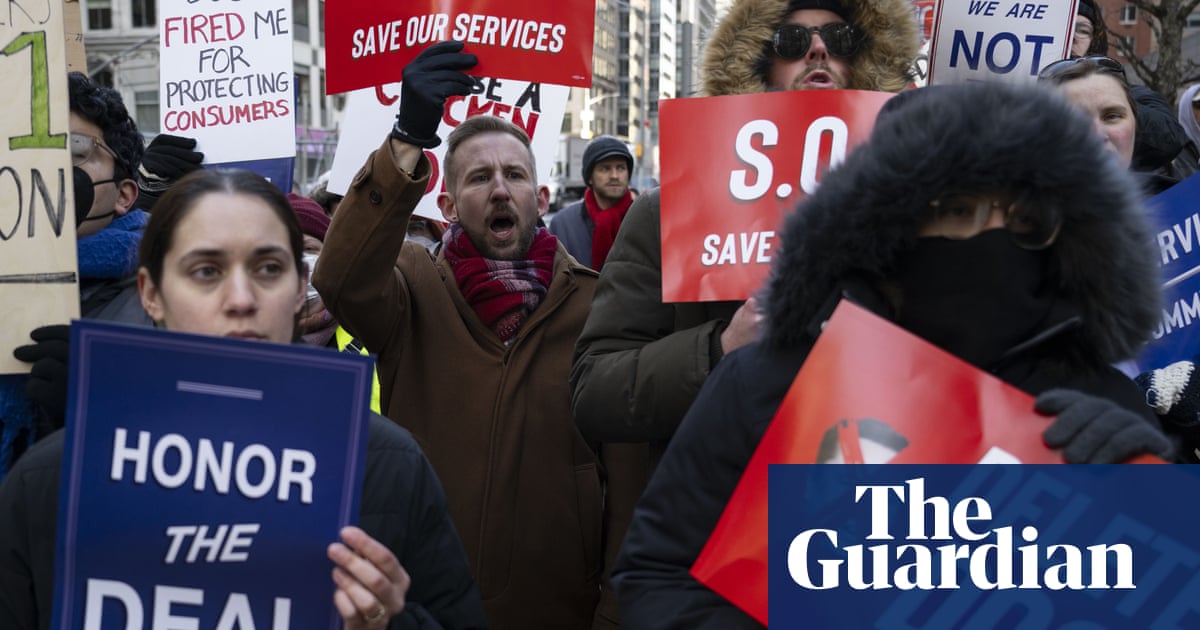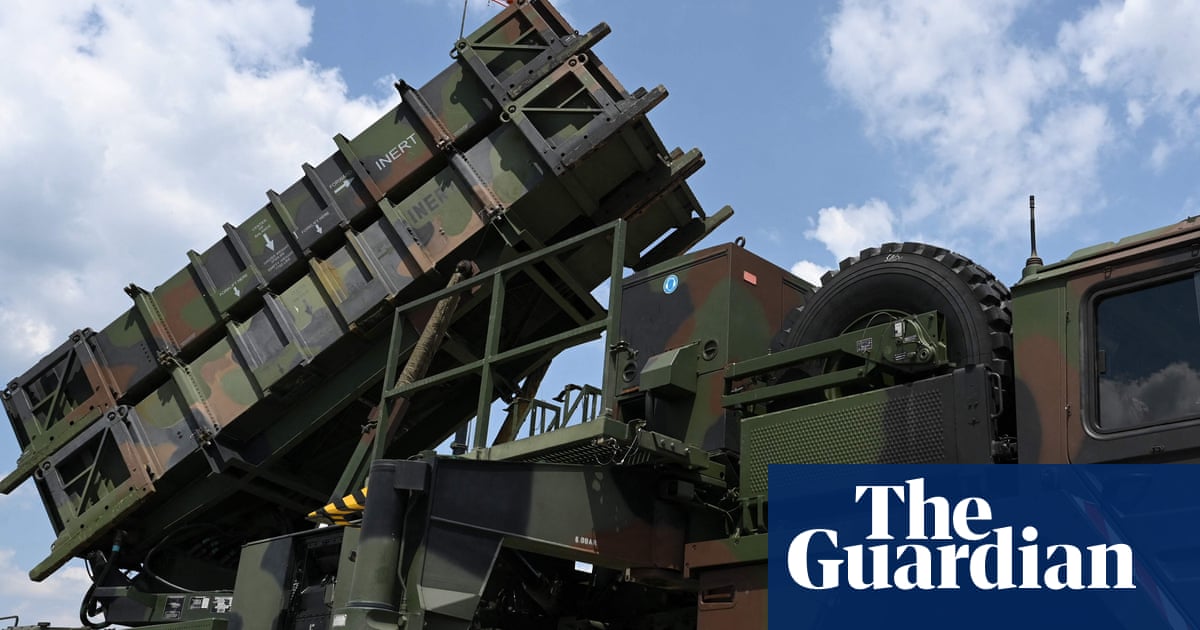JOSH BOAK
Tue, Jul 8, 2025, 11:07 PM 6 min read
WASHINGTON (AP) — When President Donald Trump last rolled out tariffs this high, financial markets quaked, consumer confidence crashed and his popularity plunged.
Only three months later, he’s betting this time is different.
In his new round of tariffs being announced this week, Trump is essentially tethering the entire world economy to his instinctual belief that import taxes will deliver factory jobs and stronger growth in the U.S., rather than the inflation and slowdown predicted by many economists.
On Tuesday, he told his Cabinet that past presidents who hadn't aggressively deployed tariffs were “stupid.” Ever the salesman, Trump added that it was “too time-consuming” to try to negotiate trade deals with the rest of the world, so it was just easier to send them letters, as he's doing this week, that list the tariff rates on their goods.
The letters marked a change from his self-proclaimed April 2 “Liberation Day” event at the White House, where he had posterboards with the rates displayed, a choice that led to a brief market meltdown and the 90-day negotiating period with baseline 10% tariffs that will end Wednesday. Trump, instead, chose to send form letters with random capitalizations and punctuation and other formatting issues.
“It’s a better way,” Trump said of his letters. "It’s a more powerful way. And we send them a letter. You read the letter. I think it was well crafted. And, mostly it’s just a little number in there: You’ll pay 25%, 35%. We have some of at 60, 70."
When Trump said those words, he had yet to issue a letter with a tariff rate higher than 40%, which he levied Monday on Laos and Myanmar. He plans to put 25% tariffs on Japan and South Korea, two major trading partners and allies deemed crucial for curbing China's economic influence. Leaders of the 14 countries tariffed so far hope to negotiate over the next three weeks before the higher rates are charged on imports.
“I would say that every case I’m treating them better than they treated us over the years,” Trump said.
Three possible outcomes
His approach is at odds with how major trade agreements have been produced over the last half-century, detailed sessions that could sometimes take years to solve complex differences between nations.
There are three possible outcomes to this political and economic wager, each of which could drastically reshape international affairs and Trump's legacy.
Trump could prove most economic experts wrong and the tariffs could deliver growth as promised. Or he could retreat again on tariffs before their Aug. 1 start in a repeat of the “Trump Always Chickens Out” phenomenon, also known as TACO. Or he could damage the economy in ways that could boomerang against the communities that helped return him to the White House last year, as well as hurt countries that are put at a financial disadvantage by the tariffs.

 German (DE)
German (DE)  English (US)
English (US)  Spanish (ES)
Spanish (ES)  French (FR)
French (FR)  Hindi (IN)
Hindi (IN)  Italian (IT)
Italian (IT)  Russian (RU)
Russian (RU) 























Comments